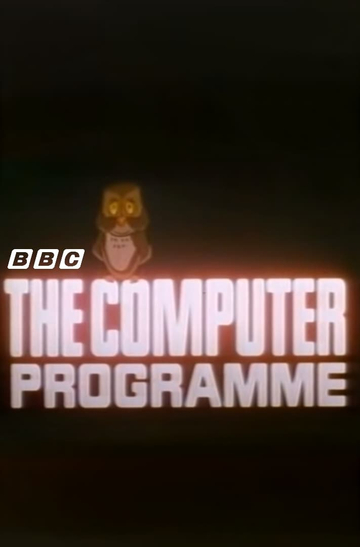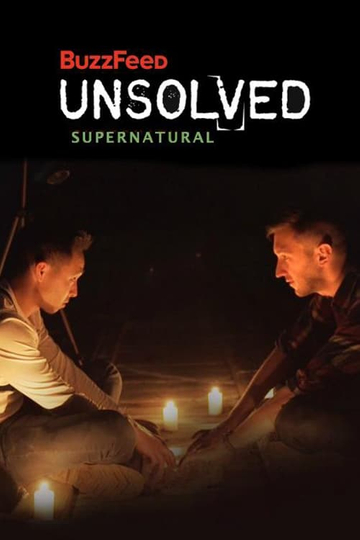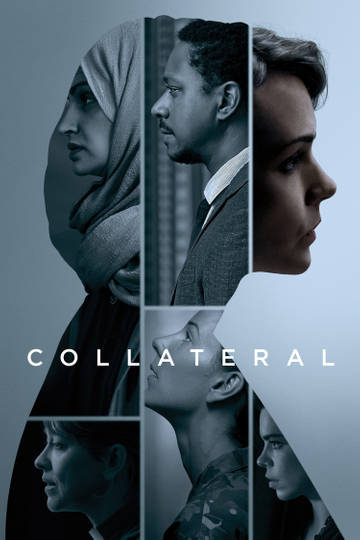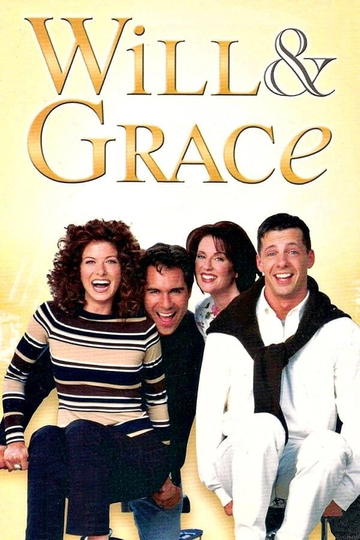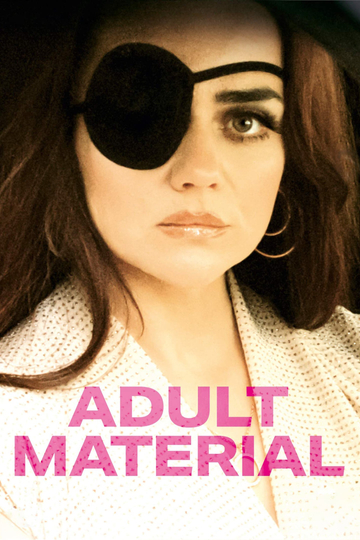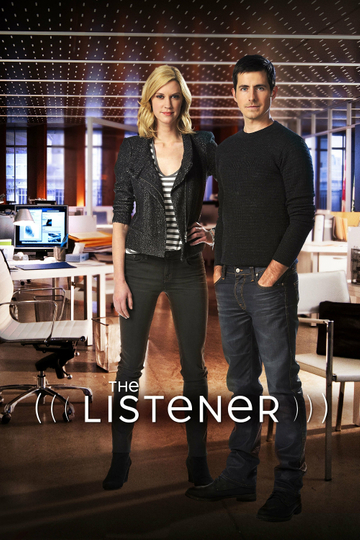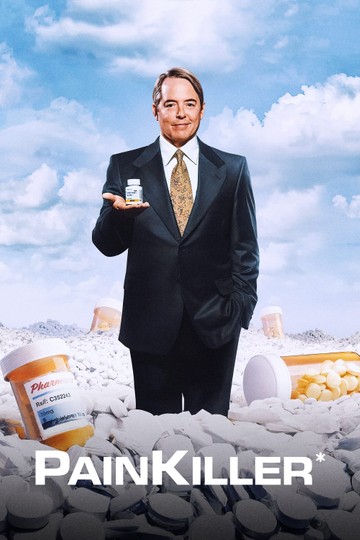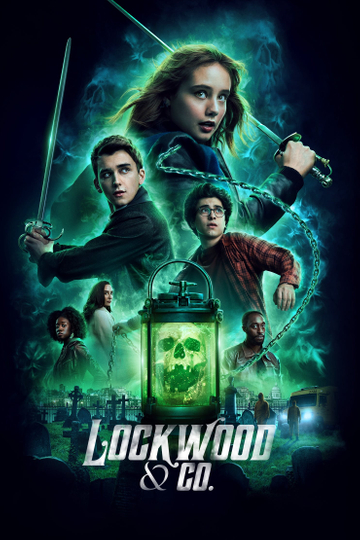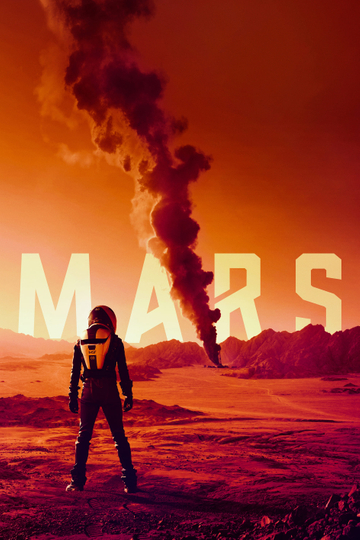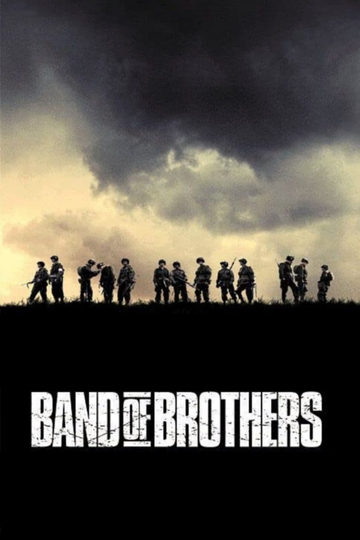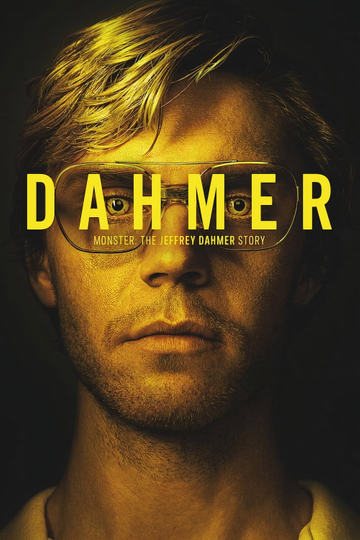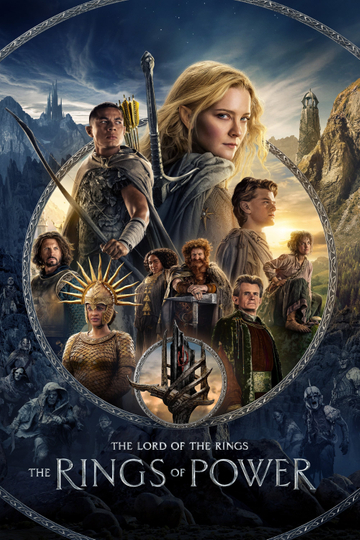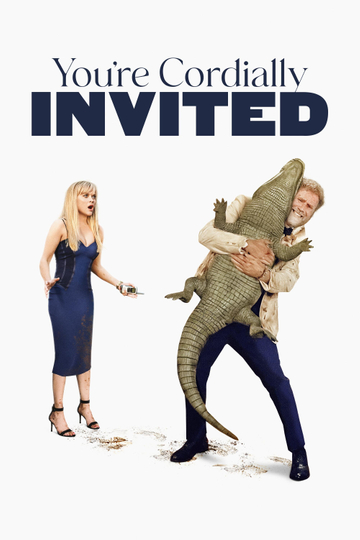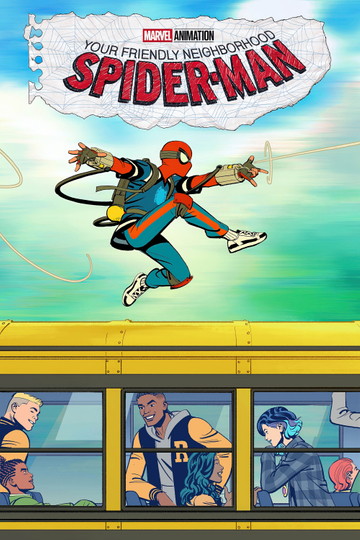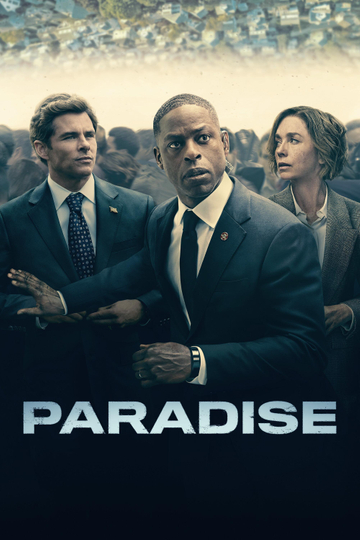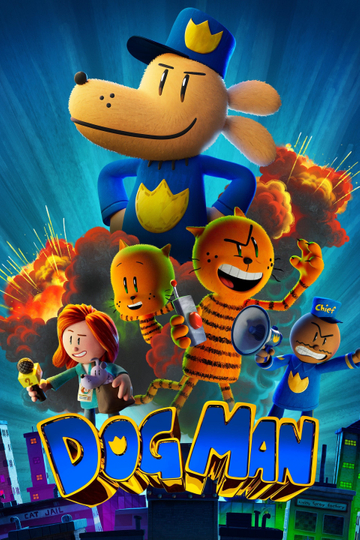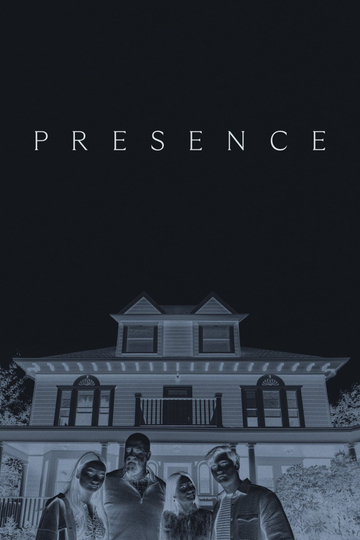Series 1 Plot
This series looked at all major aspects of computing, using a naive presenter (Chris Serle) and a computer expert - Ian McNaught Davis. The programmes consisted of a lively mix of real life examples of computers in use - at how they work and what they're used for, both at high and low level, and explaining principles - often by analogy. Although the BBC Microcomputer had been delayed in production it made its first appearance in this series.
The Computer Programme Series 1 aired on January 11th, 1982.
Series 1 Episodes
1. It's Happening Now
"Don't expect the computer revolution to happen tomorrow, it's going on all around us." Chris Serle, Ian McNaught-Davis and Gill Nevill begin their exploration of the world of Information Science and ask: 'What can computers do for us? Who is using them now, and where is this technology likely to lead?
2. Just One Thing After Another
CHRIS SERLE, IAN MCNAUGHT-DAVIS and Gill Nevill, continue their exploration of the world of information science. Even the most elaborate and sophisticated computer programs are made up of only a few types of relatively simple steps. The art of computer programming lies in combining these into ever more complex combinations.
3. Talking to a Machine
CHRIS SERLE, IAN MCNAUGHT-DAVIS and GILL NEVILL continue their exploration of the world of information science. The difficulty of communicating with computers is that they are machines and we are people. The common language we share can turn out to be a lot more like English than we might expect.
4. It's on the Computer
CHRIS SERLE, IAN MCNAUGHT-DAVIS and GILL NEVILL continue their exploration of the world of information science. Storing information is what the great majority of computers are used for. But how much can they hold, and how can the stored information be easily retrieved?
5. The New Media
CHRIS SERLE, IAN MCNAUGHT-DAVIS and GILL NEVILL continue their exploration of the world of Information Science. 5: The New Media : The greatest public impact of information technology is likely to be in the provision of new means of communication.
6. Moving Pictures
CHRIS SERLE, IAN MCNAUGHT-DAVIS and GILL NEVILL continue their exploration of the world of information science. For many people games, with their elaborate visual displays, are the most commonly encountered aspect of computer technology. But generating sound and pictures from a computer is no different to manipulating text.
7. Let's Pretend
CHRIS SERLE, IAN MCNAUGHT-DAVIS and GILL NEVILL continue their exploration of the world of information science. 7: Let's Pretend: Training space-shuttle pilots, or testing bridges to destruction, is normally too costly or too dangerous to do on the real thing. But by giving a computer an exact description of how a complicated system behaves, it can mimic anything from the British economy to the world's weather.
8. The Thinking Machine
CHRIS SERLE, IAN MCNAUGHT-DAVIS and GILL NEVILL continue their exploration of the world of information science 8: The Thinking Machine: In spite of years of investment in the development of intelligent machines, computer scientists are still a long way from equalling human thought, let alone surpassing it. The future, however, may yet present us with great surprises.
9. In Control
CHRIS SERLE, IAN MCNAUGHT-DAVIS, GILL NEVILL 9: In Control: By far the greatest number of computers with which we will come into contact in the future will be invisible. They will be the microprocessors built into many of our domestic appliances, replacing many of the mechanical systems that we use today, with greatly improved reliability, flexibility, and at low cost.
10. Things to Come
CHRIS SERLE, IAN MCNAUGHT-DAVIS and GILL NEVILL continue their exploration of the world of information science. Things to Come: Information technology has the power to change the face of our society completely by taking over the work of a large majority of the population. But will this be allowed to happen, and which aspects of our economic life are most likely to be affected?










